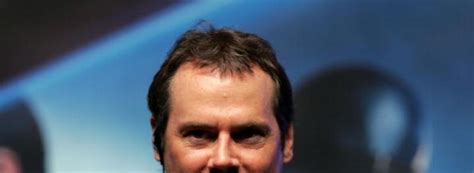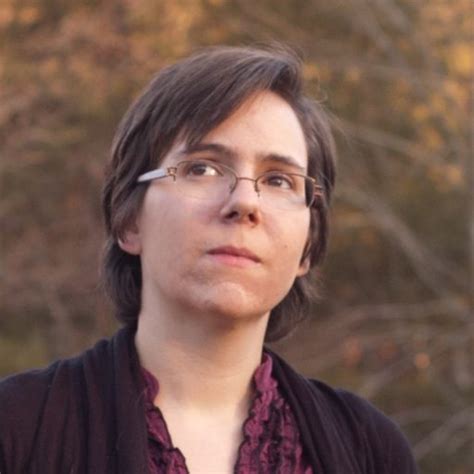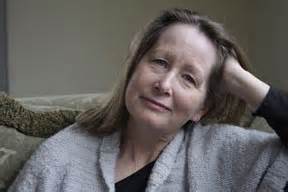A Quote by Etgar Keret
I never know the endings when I write. It's a turnoff when you know the ending. You lose much of your incentive to write when you already know. It's like seeing a movie a second time.
Related Quotes
When I write, I never know the endings. What I think works in [my] stories is the fact that when I write, I really want to find out what is going on-I'm writing for myself as a reader. It's like when you dream a dream. I want to know what's behind the door. If I navigate, it's from a place that's totally intuitive.
Write like you write, like you can't help but write, and your voice will become yours and yours alone. It'll take time but it'll happen as long as you let it. Own your voice, for your voice is your own. Once you know where your voice lives, you no longer have to worry so much about being derivative.
I don't know where the characters are going to go or what's going to happen. I know that something inevitable will happen. I know that they want certain things and they're in a certain room and they smell like this and they look like that. More often than not, an entropy creeps in that strangles me, and then the inevitable happens. I don't know if I have the ability to write an ending like My Fair Lady's, when everyone gets what they want after a few minor conflicts. If I tried to write that it would just be false. Or I'd have someone enter with a machine gun.
I myself, as I'm writing, don't know who did it. The readers and I are on the same ground. When I start to write a story, I don't know the conclusion at all and I don't know what's going to happen next. If there is a murder case as the first thing, I don't know who the killer is. I write the book because I would like to find out. If I know who the killer is, there's no purpose to writing the story.




































